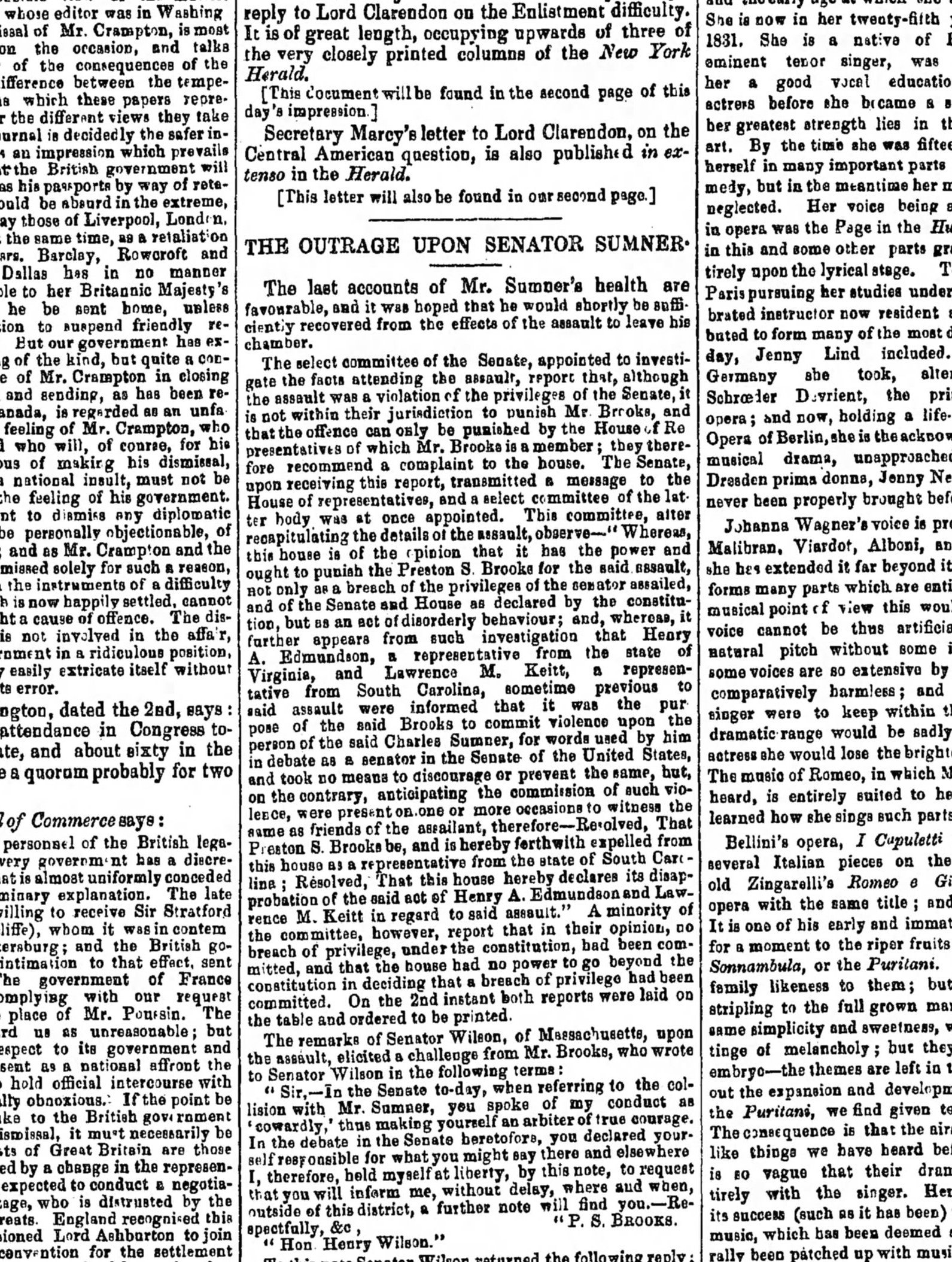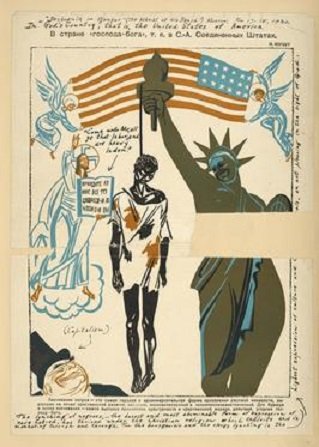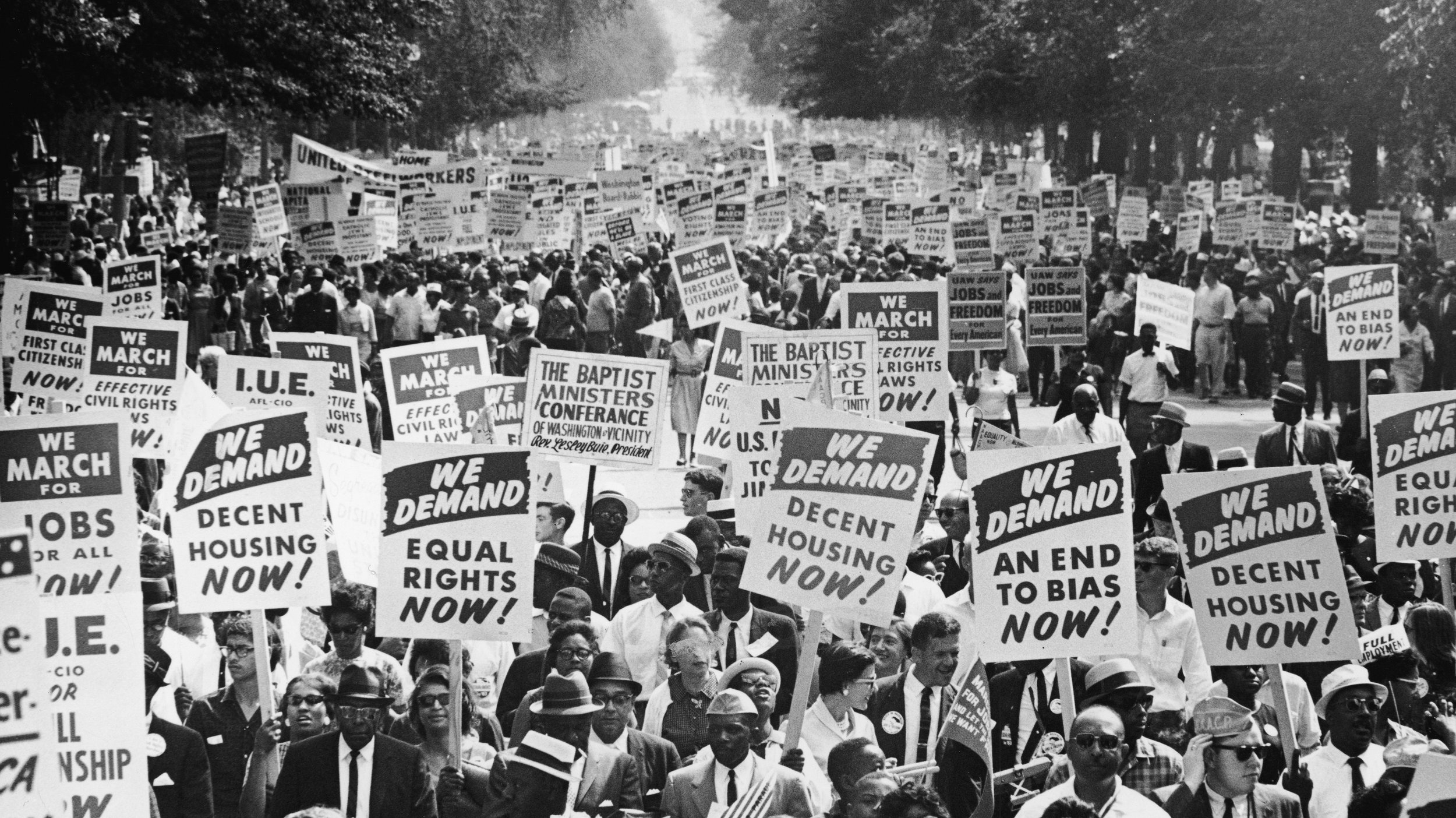The World is Watching
October 2023 Imperfect Union
I had planned to write about some other subjects, but after the events of the last week, that felt impossible. I deplore the attacks, my heart goes out to anyone who is hurting, and I fear the loss of life and devastation that is yet to come. I’m not an expert on the Middle East and I have no business bloviating on that right now, so I’ve spent the last week listening to those who know more. I’ll include some resources below that I’ve found particularly helpful.
But I do know a bit more about the chaos happening closer to home and I know that the world is paying attention. That sounds like a statement of gross American exceptionalism. And I suppose it is, as few Americans pay equal attention to affairs across the globe the same way other nationalities keep tabs on our news. But that doesn’t make it wrong. I’ve heard reports that nearly 50% of Israelis watched or listened to President Biden’s speech shortly after the terrorist attacks. Many of our allies and enemies pay close attention to our elections and make plans for their own foreign and domestic policy based on potential results.
Therefore, the clown car that is the House of Representatives is hurting far more than our own nation. It’s one thing for the Representatives to be unable to select a Speaker of House, to be unable to pass a basic bill or a budget to fund a government once the continuing resolution expires on November 17. It’s another to be unable to pass bills to provide aid and funding for our allies, Ukraine and Israel—two democracies fighting existential threats to their survival.
But history tells us there is a long-term cost that we cannot yet begin to quantify. Several historical examples demonstrate that our behavior has implications far beyond our shores.
In June 1856, in the weeks after Representative Preston Brooks caned Senator Charles Sumner to a blood pulp, British newspapers were filled with accounts of the attack. The Daily News reported on “The Outrage Upon Senator Sumner.” The writers sputtered with indignation that the Senate had concluded they could do nothing to punish Brooks. The only option left was for the House to expel Brooks. But the paper concluded that would never happen because most southerners celebrated Brooks and sent him canes with thanks. “The Governor of South Carolina heads the subscription list for a testimonial to Mr. Brooks,” the article concluded.
Understandably, Americans inability to get along in Congress—or barely refrain from killing each other—undermined their ability to craft foreign policy. Southerners and northerners prioritized different foreign policy goals. Northern industries preferred higher tariffs to protect domestic products, whereas southern plantations demanded lower tariffs to help with cotton sales. They might have been able to overcome those interests, but the violence in Congress undermined any united front. The assault made the United States look like a nation of squabbling adolescents, rather than the independent sovereign nation that it wanted to be.
Another example occurred in the 1930s and may be one you’ve heard about before. When Adolf Hitler initially conceived of his future plans for Germany, he borrowed tactics from the Jim Crow South. In particular, he studied the legal infrastructure and targeted violence which kept African-Americans in second-class status. Both systems were grounded in a foundation in eugenics. Needless to say, American arguments about democracy were undermined by the striking similarities between the two regimes.
The same problem reemerged again after the end of World War II. During the Cold War, the United States and the Soviet Union competed for the hearts and minds of potential allies to secure their markets, supplies, and military capabilities. Over the course of several decades, both empires tried to demonstrate the superiority of their culture and economic system. Soviets had a field day with the Civil Rights Movement, pointing to violence endured by Black WWII veterans after they returned home.
Soviet propaganda emphasized the (theoretical) equality of communism and the class structure of the United States. This propaganda was compelling for countries that had recently declared independence from colonial masters or were still struggling under European control.
Many activists used these Cold War concerns in their campaigns to push for equal treatment.
Politicians also acknowledged Cold War anxieties when they spoke about civil rights. For example, President Eisenhower urged states to desegregate their schools. After the Supreme Court ruled in Brown v. Board of Education that schools must desegregate, some states chose to close public schools rather than comply. In his 1959 State of the Union address, Eisenhower declared,
“The image of America abroad Is not improved when school children, through closing of some of our schools and through no fault of their own, are deprived of their opportunity for an education. The government of a free people has no purpose more noble than to work for the maximum realization of equality of opportunity under law.”
While these latter examples aren’t perfect corollaries to our current mess, I think they are still instructive. No American chaos remains a secret and we live in an interconnected world. If we hope to retain our leadership role on the international stage, we need our representatives to act like adults.
Resources:
The Bulwark, Thursday Night Bulwark, “Terror in Israel.”
The Lawfare Podcast, “Hamas’s Attack on Israel and What Comes Next.”
The Lawfare Podcast, “Noah Efron on the Awful Quiet of This Moment.”


